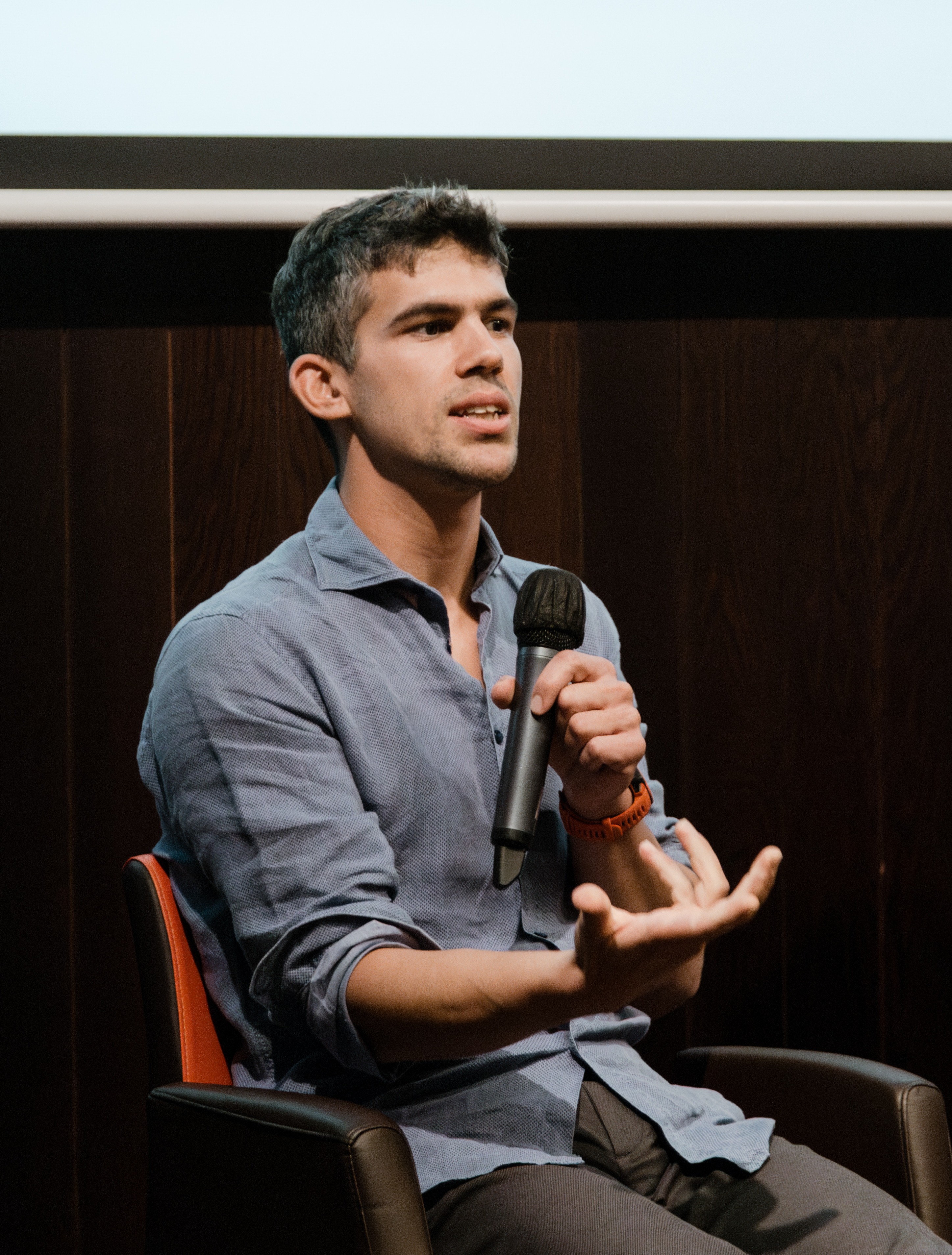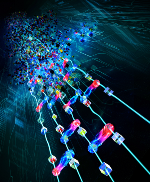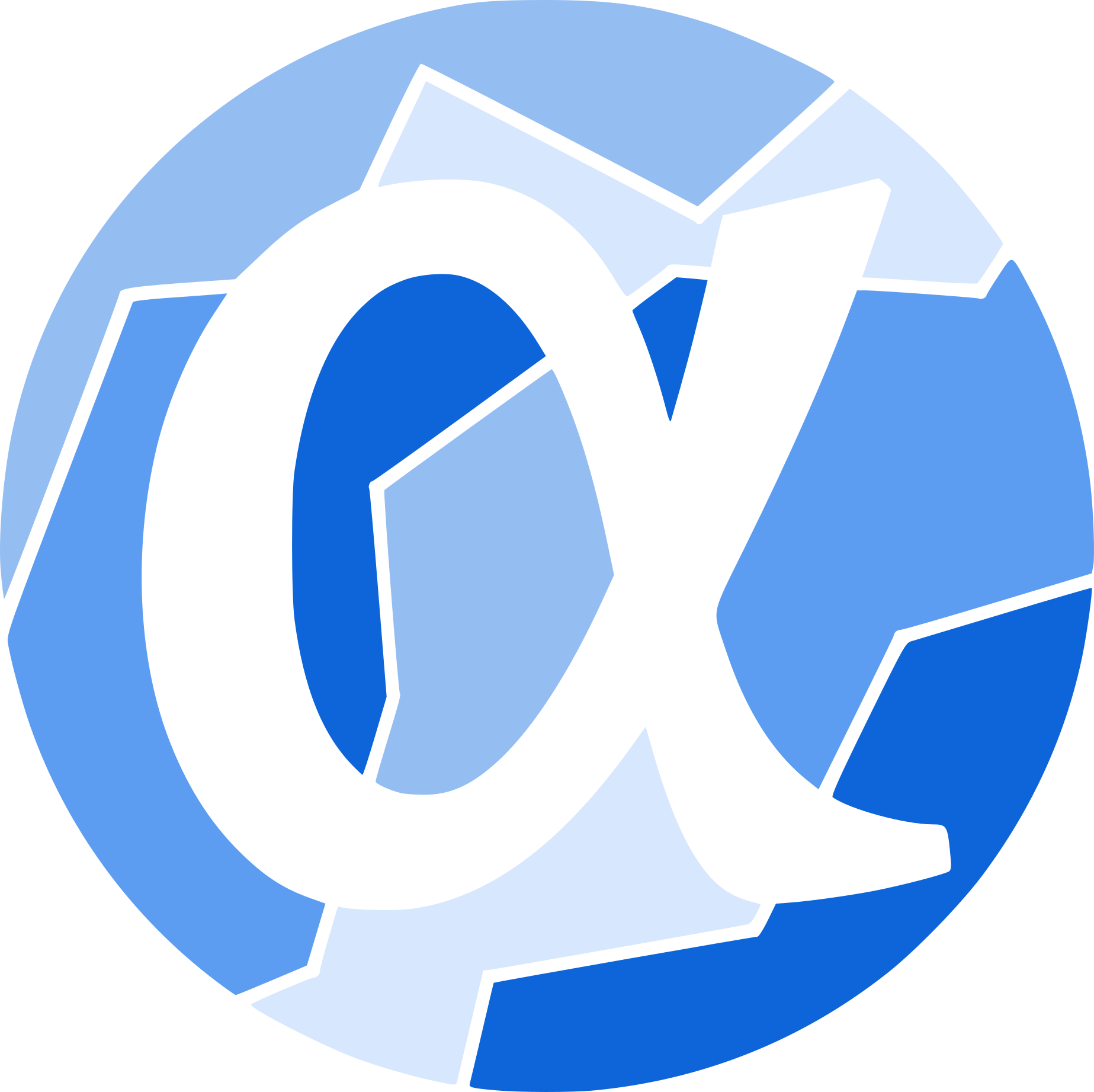Gorka Muñoz-Gil

I got my PhD in the Quantum Optics theory group at ICFO ( November 2020! ). Before that I got a MSc in Photonics at the Universitat Politècnica de Catalunya and BSc in Physics at the Universitat Autònoma de Barcelona .
You can find a detailed overview of my career in my CV
Main areas of research
My research focuses on developing and applying machine learning methods in physics, with a special emphasis on interpretable approaches.
ML in the quantum domain
In recent years, my main focus has been using ML to push the boundaries of quantum science. One research line explores generative AI, in particular diffusion denoising models, for generating quantum circuits. Our proposal was featured on the cover of Nature Machine Intelligence. We are now expanding this work on several fronts, especially through a collaboration with Nvidia, leveraging their new CUDA-Q library and hardware (see our new preprint).
Another key direction of my work aims to develop interpretable ML approaches for discovering new quantum phenomena. We recently demonstrated how variational autoencoders can uncover the phase structure of experimental quantum simulators—independently of their implementation—from Rydberg atom arrays in Prof. Lukin’s group at Harvard to Bose–Einstein condensates in Prof. Schmiedmayer’s group in Vienna.
From soft to active matter: a ride through biophysics
Anomalous diffusion was the focus of my PhD thesis. In collaboration with the biophysics groups of Prof. Manzo (Vic) and Prof. Volpe (Gothenburg), we pioneered the use of ML to characterize diffusion trajectories through the AnDi Challenge, a global scientific competition with over 150 participants across two editions. The results of the latest challenge were recently published in Nature Communications.
More recently, I have explored optimal search strategies using interpretable reinforcement learning, gaining theoretical insights applicable to the motion of intelligent systems across soft matter and ecology (see paper, and others in the Publications tab).
Science beyond science
Science doesn’t end with publications. I enjoy engaging in projects that extend my involvement in science beyond the lab—from teaching to outreach. I currently teach the Machine Learning in Physics Master course and have led a summer camp on quantum information for high school students (see Teaching tab).
I am also committed to open science and outreach, from citizen-science initiatives such as NightUp! to public talks at Pint of Science and artistic collaborations—like a quantum-inspired music piece performed by Reiko Yamada at the Sonar Festival 2021.
News
| Sep 2025 |
|
|---|---|
| Jul 2025 |
|
| Jun 2025 |
|

